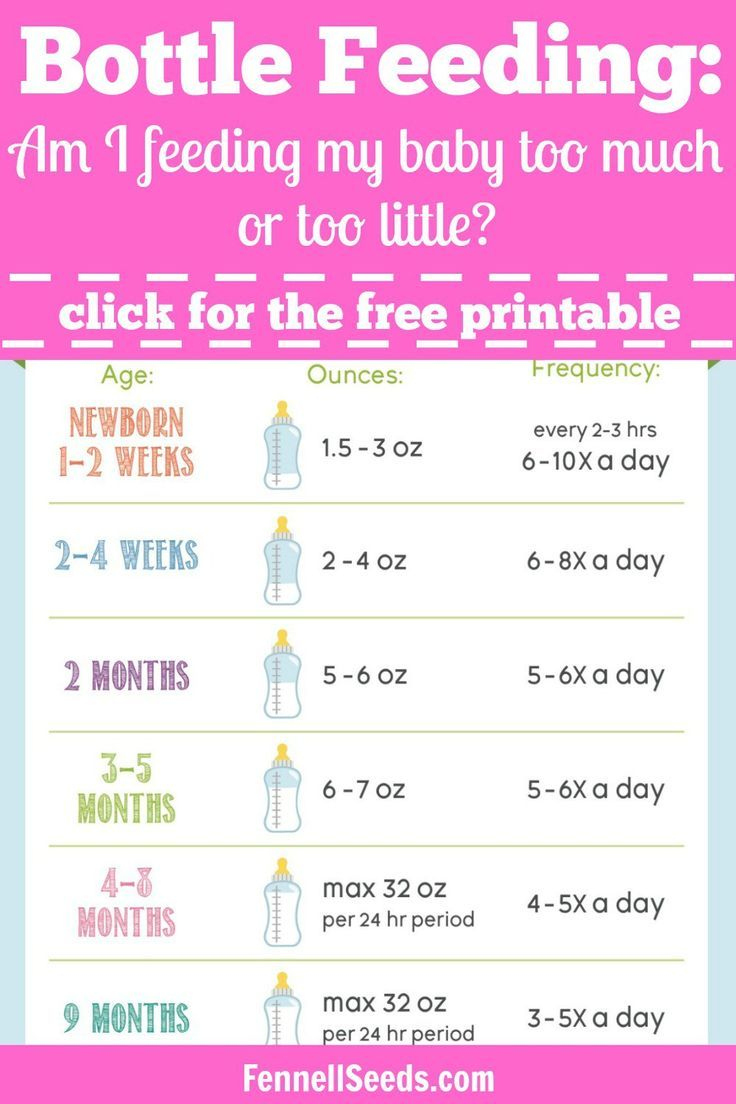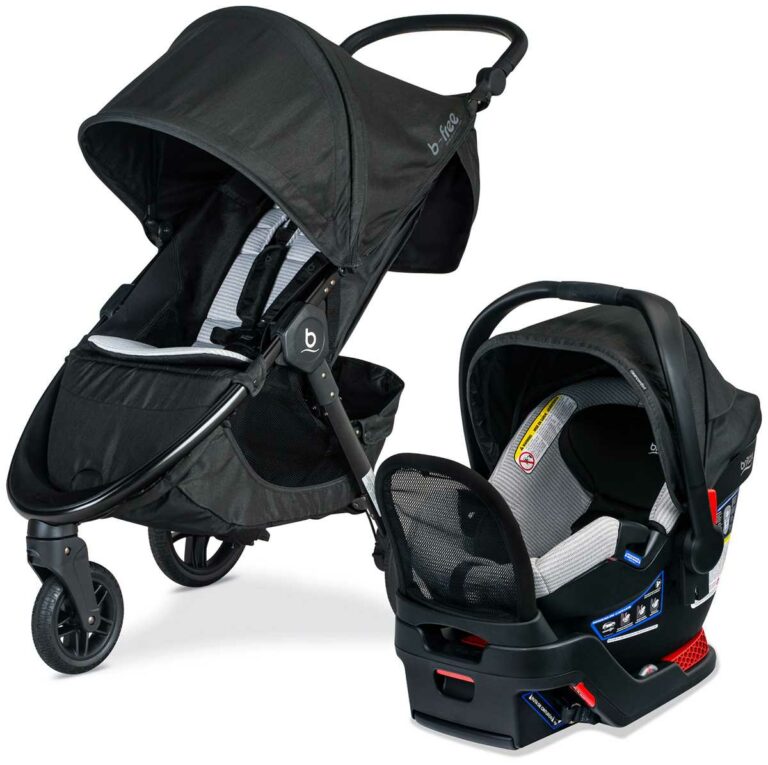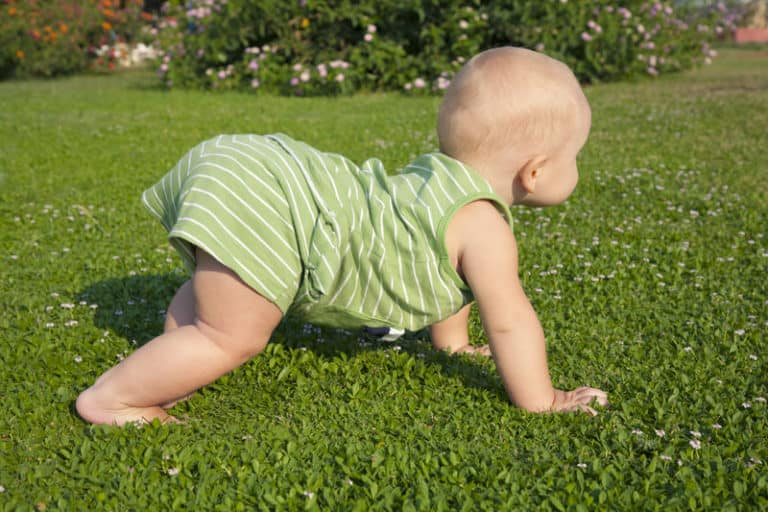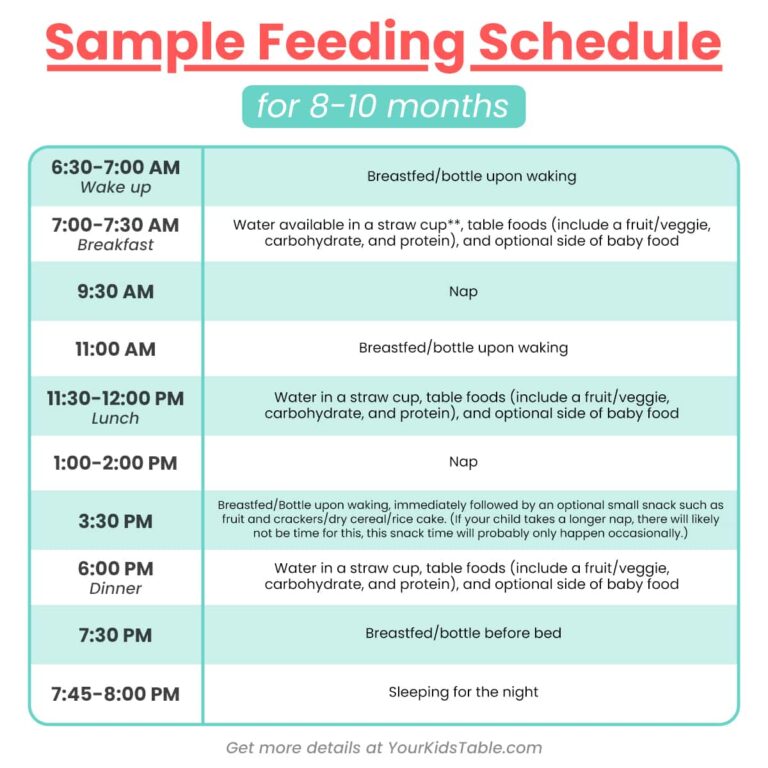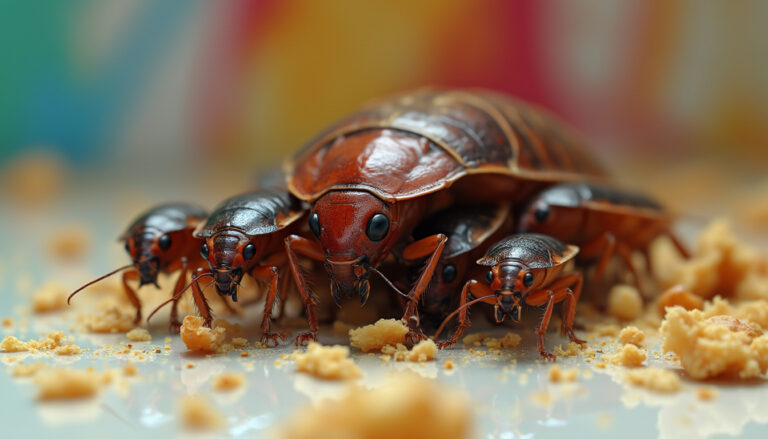How Long Are Baby Bottles Good For: A Comprehensive Guide
When it comes to caring for your baby, ensuring that their bottles are safe and clean is of utmost importance. One common question that many parents have is: How long are baby bottles good for? In this detailed guide, we will explore the lifespan of baby bottles, how to properly care for them, and why it is crucial to pay attention to their maintenance.
Knowledge
It is essential to understand that the longevity of baby bottles depends on the material they are made of. Generally, plastic baby bottles have a shorter lifespan compared to glass or stainless steel ones. Plastic bottles can start to deteriorate over time, especially if exposed to high temperatures or harsh chemicals.
Plastic baby bottles are typically recommended to be replaced every 3 to 6 months, depending on their condition. Signs that indicate it is time to replace a plastic bottle include discoloration, scratches, or warping. These issues can create breeding grounds for bacteria, making the bottle unsafe for your baby.
Glass baby bottles are known for their durability and longevity. They can last for a much longer time compared to plastic bottles if properly cared for. It is essential to check glass bottles for any chips or cracks regularly. If you notice any damage, it is recommended to replace the bottle immediately to prevent any safety hazards.
Stainless steel baby bottles are another excellent option for parents looking for a long-lasting and safe alternative. These bottles are resistant to corrosion and do not retain odors or flavors from previous feedings. With proper maintenance, stainless steel bottles can last for years, providing a cost-effective and eco-friendly option for feeding your baby.
Regardless of the material, it is crucial to clean baby bottles thoroughly after each use. Use hot, soapy water to wash the bottles and nipples, ensuring that all parts are rinsed well and air-dried completely before storing them. Avoid using harsh chemicals or abrasive scrubbers that can damage the bottles.
Conclusion
In conclusion, the lifespan of baby bottles varies depending on the material they are made of and how well they are maintained. Plastic bottles should be replaced every 3 to 6 months, while glass and stainless steel bottles can last for years with proper care. Parents should regularly inspect their baby bottles for any signs of wear and tear and replace them as needed to ensure the safety of their little ones.
Remember, investing in high-quality baby bottles and taking the time to clean and maintain them properly is essential for your baby’s health and well-being. By following these guidelines, you can ensure that your baby’s feeding equipment remains safe and reliable for their daily use.
